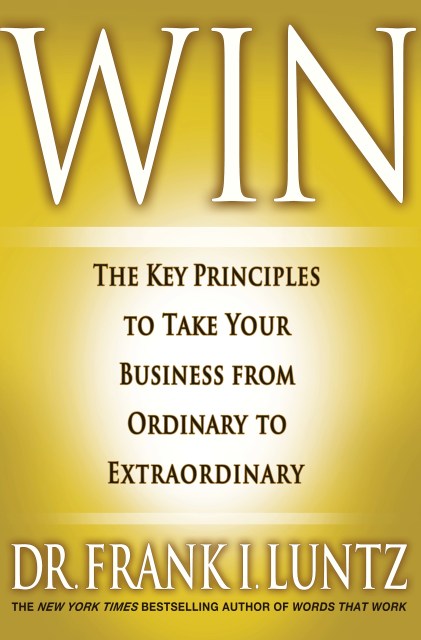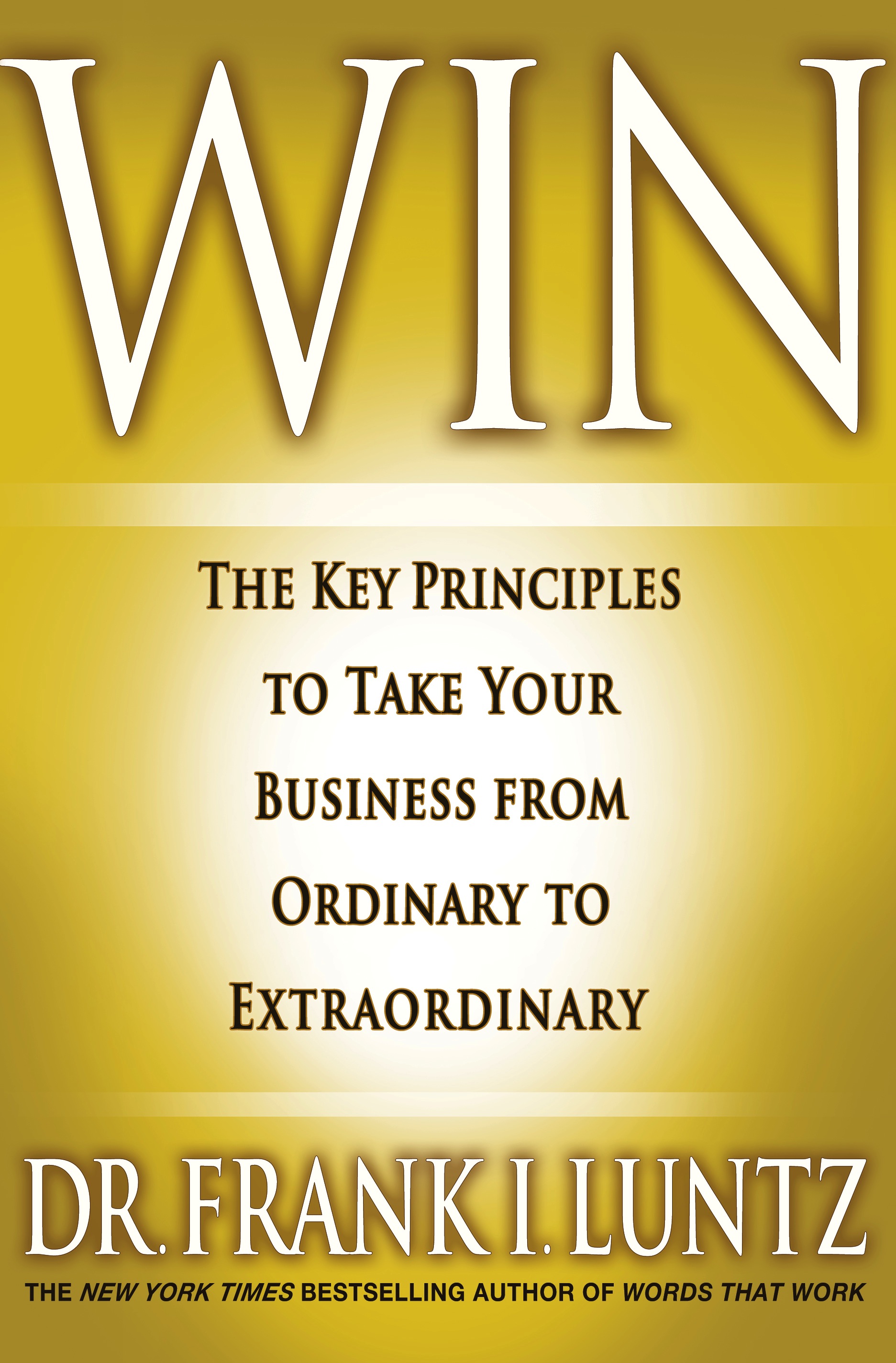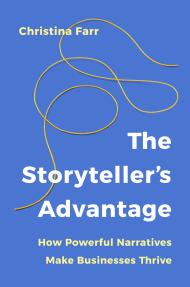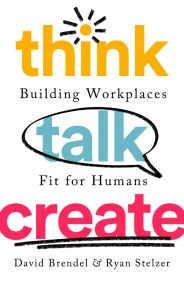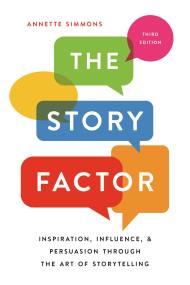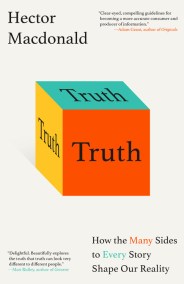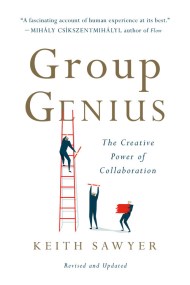By clicking “Accept,” you agree to the use of cookies and similar technologies on your device as set forth in our Cookie Policy and our Privacy Policy. Please note that certain cookies are essential for this website to function properly and do not require user consent to be deployed.
Win
The Key Principles to Take Your Business from Ordinary to Extraordinary
Contributors
Formats and Prices
- On Sale
- Mar 1, 2011
- Page Count
- 272 pages
- Publisher
- Grand Central Publishing
- ISBN-13
- 9781401396541
Price
$13.99Price
$17.99 CADFormat
Format:
- ebook $13.99 $17.99 CAD
- Hardcover $37.00 $47.00 CAD
- Audiobook Download (Unabridged) $27.99
This item is a preorder. Your payment method will be charged immediately, and the product is expected to ship on or around March 1, 2011. This date is subject to change due to shipping delays beyond our control.
Buy from Other Retailers:
Dr. Luntz offers more than seventy new “words that work” for private one-on-one meetings with your boss, for public presentations to hundreds of colleagues, or for television appearances that reach millions. There are more than three dozen specific lessons and recommendations–and each one directly illustrates the nine essential action-oriented principles of winning at every level: People-Centered, Paradigm-Breaking, Prioritizing, Perfection, Partnerships, Passion, Persuasion, Persistence, and Principled Actions.
Do you have what it takes Win is an unprecedented examination of the art, science, and language of winning, and a must-have for people who want to understand and emulate the winners of today.
THE DEFINITION OF WINNING
- The ability to grasp the human dimension of every situation
- The ability to know what questions to ask and when to ask them
- The ability to see the challenge, and the solution, from every angle
- The ability to communicate their vision passionately and persuasively
- The ability to connect with others and create an enduring chemistry
- and 10 other universal attributes of winners.
Newsletter Signup
By clicking ‘Sign Up,’ I acknowledge that I have read and agree to Hachette Book Group’s Privacy Policy and Terms of Use
